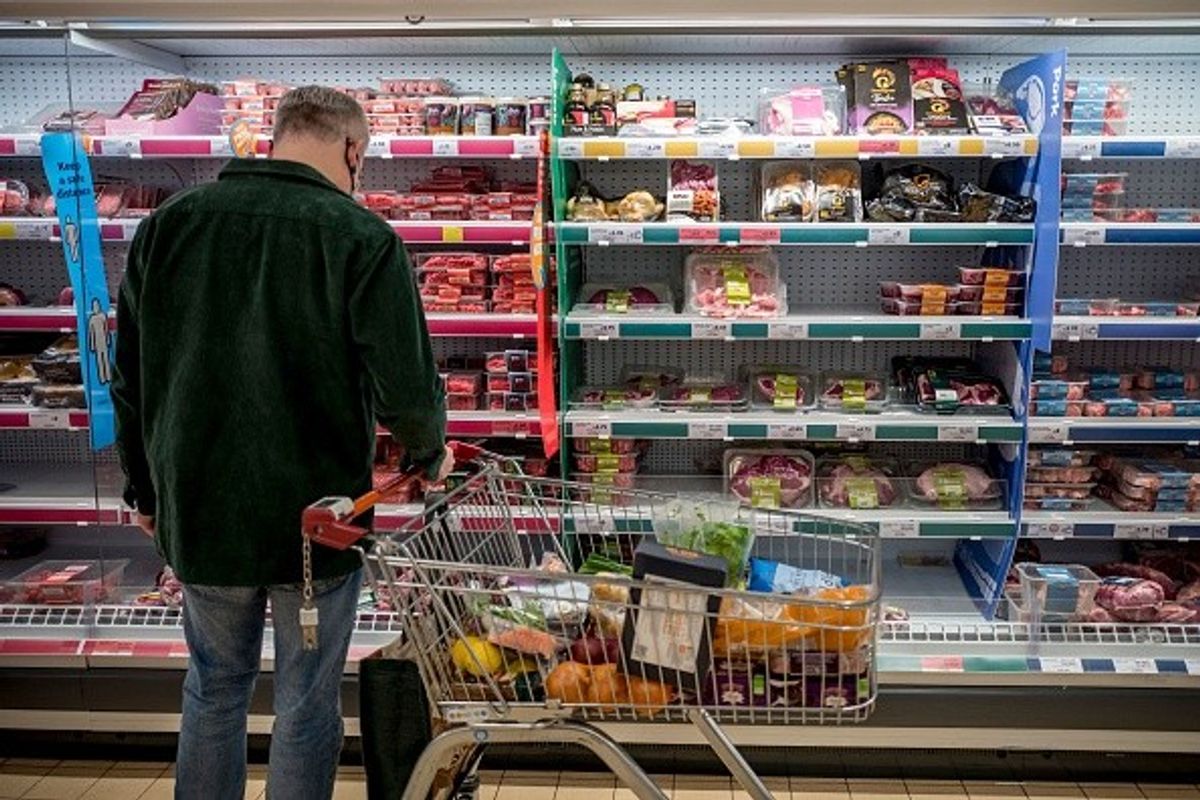Shoppers are turning to cheaper frozen foods as they watch “every penny and every pound”, Sainsbury’s boss said on Tuesday (28).
Simon Roberts, the retailer’s chief executive, said customers were changing their behaviour in response to the rising cost of living, making more shopping trips but buying less on each visit. They are also monitoring their spending using technology to avoid what he called “till shock” when paying at the checkout.
“In many ways there is no playbook for what we’re dealing with at the moment; these are unprecedented circumstances,” Roberts told Reuters.
“There is some evidence of customers shopping [more] to own-brand and also areas like frozen are increasing,” Roberts said during a tour of a Sainsbury’s store in Richmond, south-west London.
“People are looking at making sure that they don’t incur any waste,” he said, adding that people were buying only “for now”, and not getting anything they might not use.
Roberts’ insight seems to be inline with NielsenIQ data analysis which also had similar conclusions. Sales of frozen poultry rose by 12 percent compared with a year earlier in the four weeks to 18 June, according to the market researcher NielsenIQ.
Other cheaper products have also gained popularity with shoppers in recent weeks, the research found, with sales of rice and grains rising by 11 percent, while canned beans and pasta were up by 10 percent and 9 percent more gravy and stock was sold. Sales of dry pasta have climbed by 31 percent.
Sainsbury’s is not the only supermarket to report that its customers are behaving differently amid soaring inflation – which hit 9.1% in May, the highest in 40 years.
Chairman of Asda Stuart Rose revealed last week that shoppers are setting £30 limits at checkouts and petrol pumps, so as to avoid overspending.


